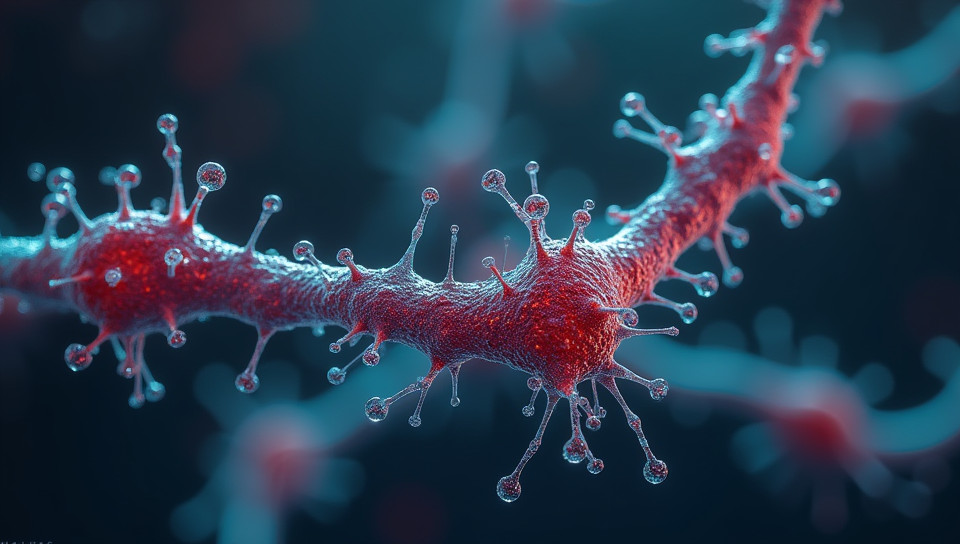Classical computers can also simulate certain molecular interactions 67%

Simulating Molecular Interactions: A New Frontier for Classical Computers
In recent years, there has been a significant shift in the field of molecular simulation, driven by advancements in computational power and algorithmic complexity. While quantum computers have garnered much attention for their potential to simulate complex molecular interactions, classical computers have also made significant strides in this area.
The Challenges of Molecular Simulation
Molecular simulations are crucial for understanding the behavior of molecules at the atomic level. These simulations involve modeling the interactions between individual atoms and molecules, which is essential for predicting the properties and behavior of materials. However, simulating these interactions accurately can be computationally intensive, requiring significant resources and expertise.
Classical Computing's Hidden Strengths
Classical computers have long been relegated to secondary status in the molecular simulation community, with quantum computers taking center stage. However, classical computers possess certain strengths that make them well-suited for specific types of molecular simulations.
- They are more affordable than quantum computers
- They can simulate larger systems and longer timescales
- They require less specialized expertise to operate
Quantum-Classical Convergence
While quantum computers excel at simulating complex molecular interactions, classical computers have their own strengths. By combining the capabilities of both types of computers, researchers can tackle complex problems that were previously unsolvable.
The Future of Molecular Simulation
As research continues to push the boundaries of what is possible with classical computing, we can expect significant advancements in our understanding of molecular interactions. By harnessing the power of both quantum and classical computers, scientists will be able to simulate increasingly complex systems, leading to breakthroughs in fields such as materials science and pharmaceutical development.
Conclusion
Classical computers are not just relegated to secondary status; they possess unique strengths that make them an essential tool for simulating molecular interactions. By acknowledging these strengths and combining the capabilities of both quantum and classical computers, researchers can tackle complex problems that were previously unsolvable. The future of molecular simulation is bright, and classical computers will play a vital role in shaping it.
- Created by: Henry Becker
- Created at: Aug. 17, 2024, 12:44 a.m.
- ID: 7518






